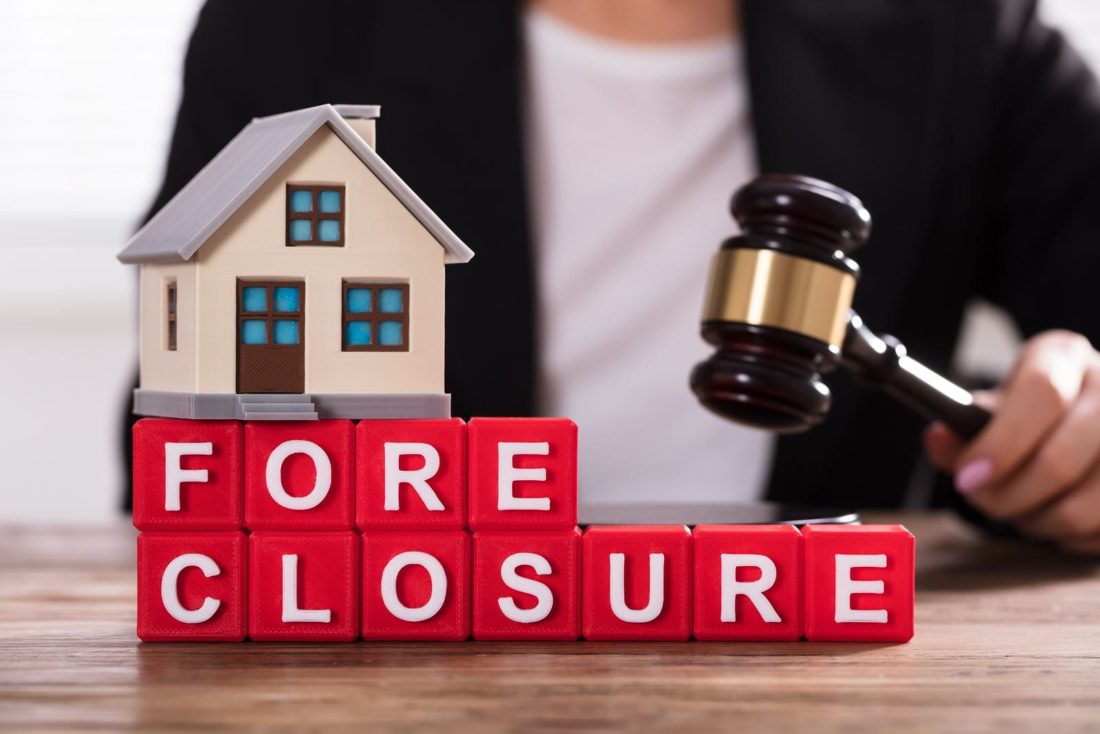
Home Selling Process – What Things To Do ?
Selling a house is a complicated process, regardless of how great the home market is. The home selling process can be overwhelming, particularly for a first-time home seller. However, when selling a house is done appropriately, it can shorten the home selling course of events. Also, it can create a decent degree of profitability for homeowners. The home selling process is similar to the buying process in that there are many steps and moving pieces involved.
You’ll likely have a lot of inquiries. Do I need a Realtor? What’s “the end”? What amount of desk work is required? How might I get the best price for my home? How might I sell my home and purchase another one simultaneously? The following is a prologue to the home selling process step by step.
Chose a real estate agent:
If you don’t have time or don’t want the hassle of figuring things out on your own, then hiring a real estate agent is an option. The home selling process can be a long one, and sellers will need to try to locate the correct agent to serve their eventual benefits. Spend 30-45 minutes interviewing each agent, at their office, or a coffee shop.
Listing Your Home and preparation:
Listing your home with an Real Estate professional is the basic step on the path to a successful closing. Your agent is solid and steady to help you from start to finish, helping you feel calm all through the selling cycle. To begin, your agent will recommend explicit upgrades and adjustments to improve your home’s marketability, make an altered showcasing plan that best features your property’s highlights in the current market.
Also, he will present you with a Competitive Market Analysis, which decides the best listing price and likely sales price. Depending on the condition of your home, there are three categories you should consider when preparing to sell: maintenance/repairs, renovations/upgrades, and staging. Taking the time to properly prepare your home should also make for a much smoother transaction. Go ahead and make the essential repairs you know need to be made, they’ll likely come up in the inspection report anyway.
Pricing your home:
Although you can list your house at any price you want, you need to understand what the market will bear before pricing it to sell. Establishing the list price that will attract the most buyers at the best price is the first step in developing a marketing plan. You want your home at a listing price that is not too low or too high, but just right, based on numbers and facts. When a home is priced too low, you will not maximize your profit, and buyers may perceive that something is wrong with it. However, if the price is too high, buyers may avoid viewing your home because it’s not in their price range.
Marketing plan:
Marketing real estate has developed in the course of time. Your Agency Real Estate agent will work in the background to guarantee that your home is noticeable to possible purchasers in an assortment of ways. You or your agent should identify the selling points of your home and choose the best advertising words to convey them.
Approve your agent’s marketing campaign or figure out how to advertise your house for sale yourself. Hire a virtual tour company to take quality photographs and put a virtual tour online if possible. After listing your home, it will go into the neighborhood Multiple Listing Service, put on the company’s site, and on a few nearby and public sites. The Internet, online media, and a few real estate sites put your home in the public eye considerably more than in years past.
Check Also; Housing Trends in Texas A Complete Overview
Show Your Home:
Work with your listing agent to prepare for upcoming open houses. Typically, the agent will show the property professionally to interested buyers. You can examine with your agent the alternatives on how to show your home. In the event that you live in the house, the appointment alternative is the best. Since it permits you an opportunity to prepare for the showing. You will need to immediately take care of things to secure your protection.
On the off chance that you are picking appointments, try to be flexible. A few purchasers will need to see the home on weeknights (after work) and the weekend. Be as obliging as could be expected under the circumstances.
Purchase offer and negotiation:
If you priced your house competitively, multiple offers should come your way. If offers are lower than your asking price, don’t hesitate to make a counteroffer or ask for full price. Buyers like to “test the waters” to see how you might respond, while still making room for negotiation. Property investors and experienced real estate agents often do this to maximize return for their buyers.
Make sure you keep track of all offers and counter-offers from potential buyers. Together, they will give you an idea of what people are willing to pay for your house. You can then adjust your price accordingly.
Escrow period:
When a seller and purchaser have agreed, they will go into a period called escrow. During this time, the seller and buyer will anticipate the end and move-out date, just as tending to obligations. For example, requesting a title report, planning and evaluation, and leading a property inspection.
Prepare For Closing:
Finally, attend your closing appointment, sign the final paperwork, and hand over your keys. Your property deed and deed of trust will go into the public record, depending on the buyer’s possession rights. You might be required to move on the day the home closes or even in advance. This requirement should be specified in the contract.











